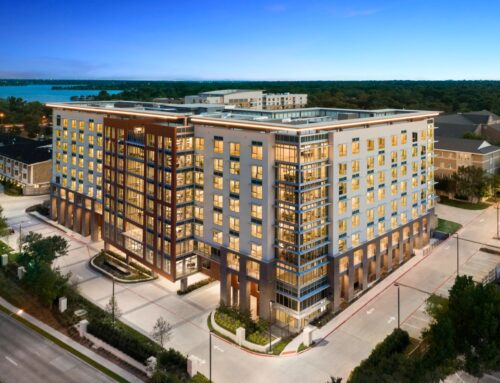So, faith healer Benny Hinn’s arrived in town proclaiming miracles and the prosperity gospel. You’ve been called “Protestantism’s Dirty Harry” and “The Terror of the Evangelists.” All eyes are on you. What do you do?
If you’re Ole Anthony, you shrug.
“What’s changed?” he asks. Hinn’s location doesn’t matter. “The move is in name only,” he says. “It’s all administered under his attorney in Irving.”
Many of you may recognize Anthony’s name from the 1980s and 90s when he and his Trinity Foundation found national recognition as they assisted journalists in investigations of alleged fraud by popular televangelists such as Robert Tilton and W.V. Grant, Jr. Anthony appeared on a number of programs including PrimeTime Live and Inside Edition, and testified on Capitol Hill.
But on this day, Anthony’s attention is focused elsewhere.
Seated in his cramped office in the heart of the religious community he heads near Junius Heights, he wants to talk about housing — and specifically, housing for the down and out.
Conventional approaches to homelessness do nothing to address the issue, he claims. Shelters warehouse the poor, government programs are a waste of money, and the resources offered by churches don’t respond to the real needs of the community.
The poor, Anthony insists, don’t need our money: “They need our lives.”
For years, members of Trinity have been providing just that. Taking those without places to live into their own homes and surrounding them with a caring community, they provide opportunities for the disenfranchised to reenter society. In 1989, Anthony challenged religious groups to join in the effort. The number of homeless in the United States equals the number of churches and synagogues, he says, so homelessness would be eliminated if each congregation housed one person or family.
“The Dallas Project” never caught on.
Now Trinity has moved in a new direction. The foundation provides low-cost housing for the needy by purchasing and renovating apartment complexes. Local congregations are invited to adopt the complexes as ministries, and to provide social and spiritual services, as needed by the community. Projects are underway in Oklahoma and Ohio, and Anthony hopes to find suitable properties in other areas, including Dallas, to expand the initiative.
Not everyone knows what to make of Anthony and crew, and most of us can’t imagine dedicating our lives in this manner.
“I respect his ministry and his work,” says Leighton Farrell, former pastor of Highland Park United Methodist Church, who Anthony credits with starting him along the spiritual journey that led to the creation of Trinity. “He lives out his own Christian calling — he radically changed his lifestyle.
“You don’t find people that change if they aren’t people of integrity.”





